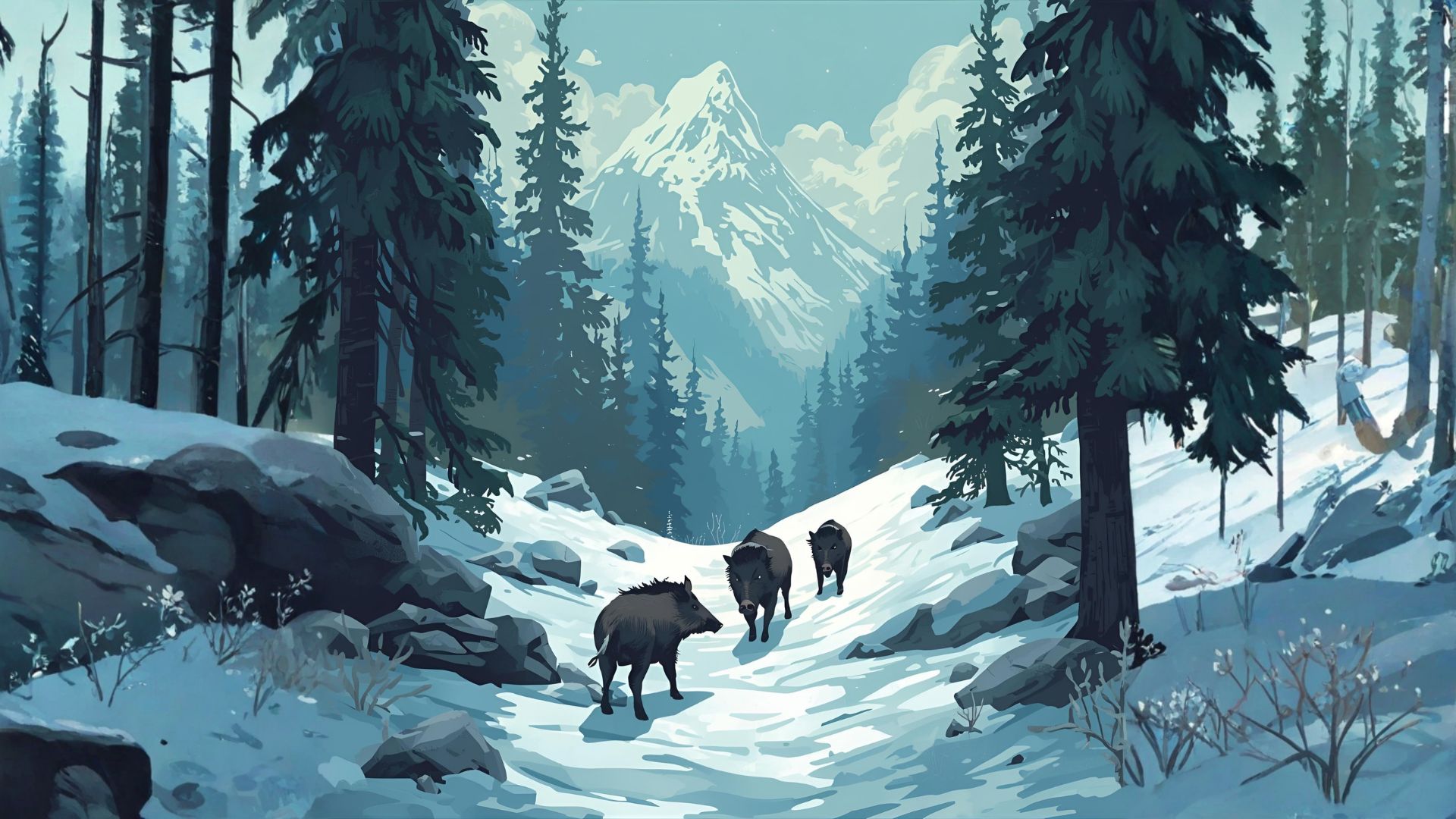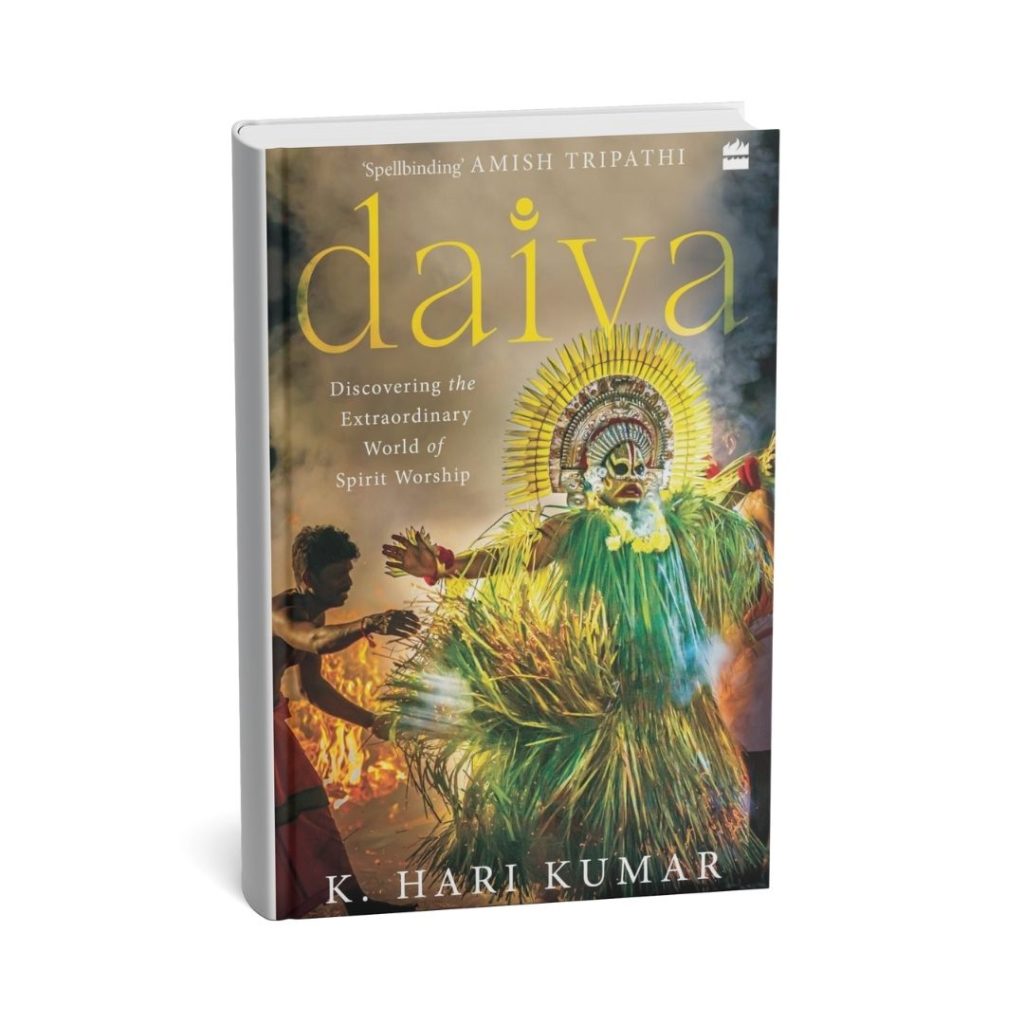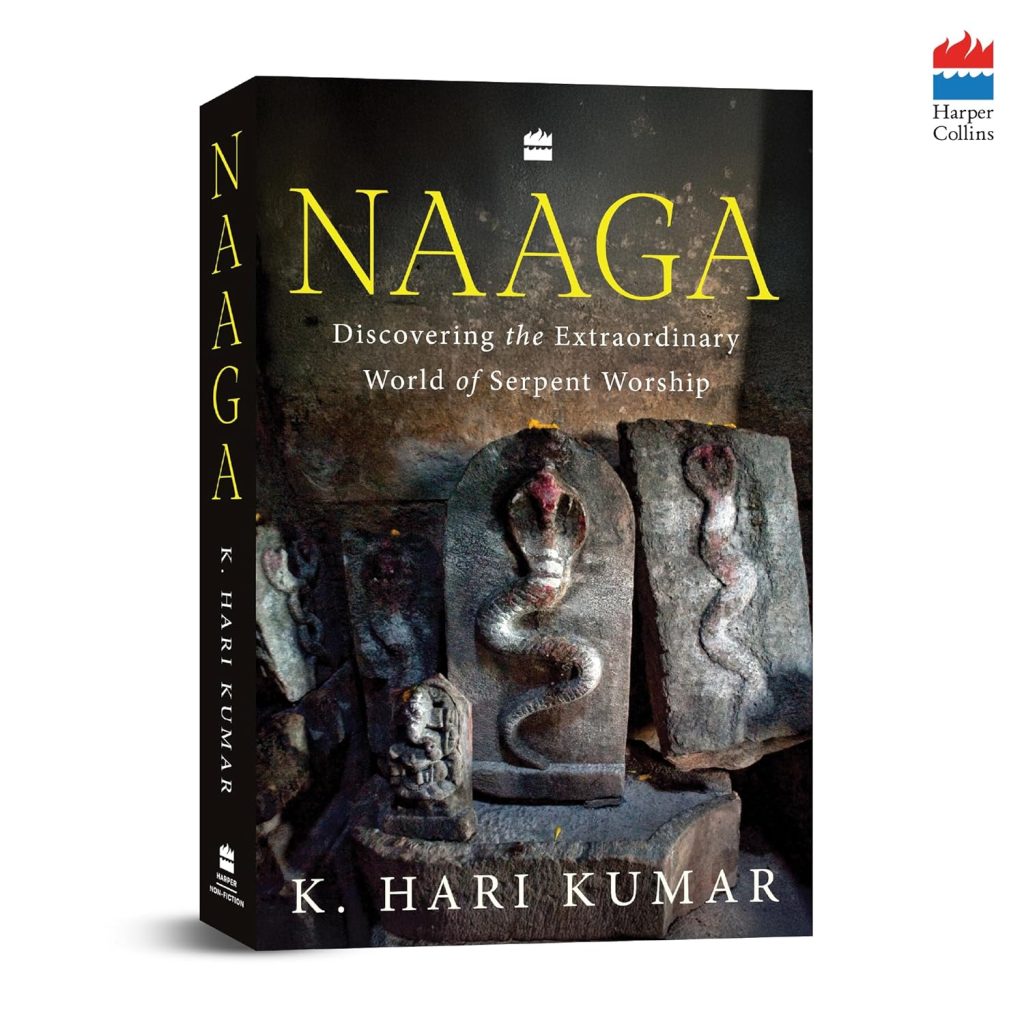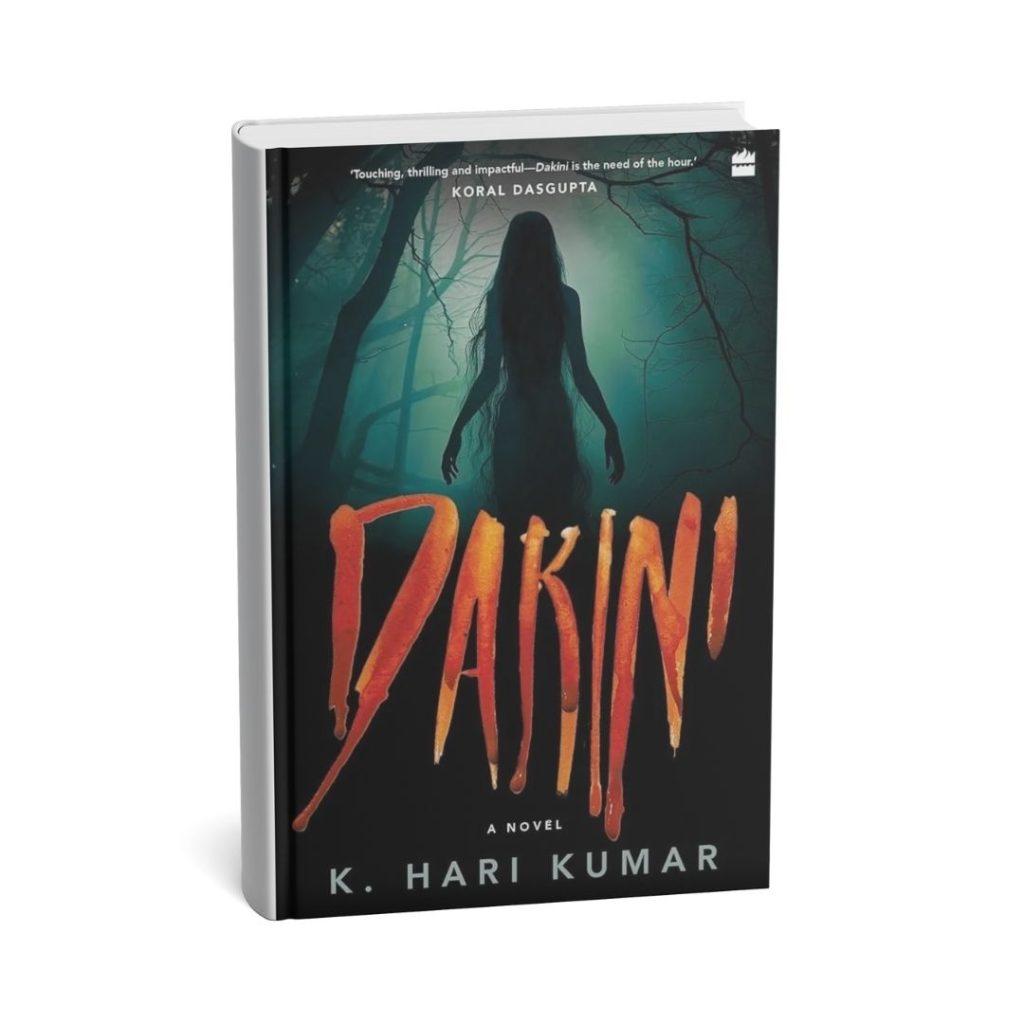You’ve likely seen Panjurli’s fearsome power in the movie Kantara. A boar god, screaming with primal fury, dispensing divine justice in the firelight. It’s an unforgettable symbol of raw, untamed nature. But the people of the Tulu speaking region have been worshipping Panjurli for centuries.
But Who is Panjurli?
Meaning of Panjurli
Panjurli is a totemistic deity, represented by the wild boar. The term ‘Panji’ means boar in Tulu. The other half of the word could be ‘Kurli’ which means an offspring. Thus, Panjurli may be defined as the offspring of a wild boar.

THE WORSHIP OF PANJURLI, PERHAPS THE MOST powerful and popular spirit deity in Tulu Nadu, is an age-old tradition whose origin is now shrouded in mystery. The historical proof of its antiquity is manifested in the absence of its genesis story, a tale now lost to time.
However, AC Burnell in his Indian Antiquary has left a couple of versions which he had noted from Tulu Paaddanas.
Burnell’s Version of Panjurli’s Story
Our story begins not in the dark forests of Earth, but in the ethereal beauty of a divine garden, a celestial abode, home of Shiva and his consort, Parvati. Here, flowers bloomed with the fragrance of creation itself. It was a place of perfect harmony.

But one day, that harmony was broken. According to a Tulu Paaddana, a family of wild boars, driven by hunger, wandered into this sacred grove. In their wild ignorance, they foraged and uprooted the divine plants, leaving chaos in their wake. When Shiva discovered the desecration, his anger was swift and his attendants, the Ganas, slew the adult boars.
Yet, amidst the justice, a single, small creature remained: a piglet, now an orphan, trembling and alone. It was then that Parvati saw the terrified young boar. Her heart, which beats with compassion for all living things, was moved. She pleaded with Shiva not to punish the innocent for the actions of its parents. Seeing the love in her eyes, Shiva relented. Parvati adopted the boar, taking it under her divine care as if it were her own son. For a brief time, in the heart of the heavens, a wild creature knew the love of a goddess.
But nature, even in the presence of gods, can’t be denied its truth.
As it matured, its tusks grew long and sharp. An ancient, powerful instinct began to stir. However, the boar frequently ravaged their garden, and one day, Shiva could no longer contain his fury.
The Fury of a God, The Plea of a Goddess
In his rage, Shiva declared that the creature must be destroyed. His decision was absolute.
But as he moved to enact his will, Parvati stood between the god and the boar. She, who had poured her maternal love into this boar, refused to let it be annihilated. She argued that the boar hadn’t acted out of evil, but from its own innate nature. It was a boar, and it had only done what a boar does. How could it be punished for being true to itself?
The fate of the boar, and its entire future, hung in the balance of this divine confrontation.
Panjurli: The Birth of a Daiva

Moved by Parvati’s powerful plea, Shiva stayed his hand. He would not kill the boar. His anger cooled, transforming into a profound, world-altering judgment. He recognized the truth in Parvati’s words: the boar’s nature wasn’t evil, but it was incompatible with heaven.
So, he passed his sentence. The boar was to be banished from their abode and cast down to Earth. But this was not a punishment; with this exile came a new, sacred purpose. Shiva, in his wisdom, transformed the boar’s destructive potential into a protective duty. He decreed that on Earth, this spirit would become a Daiva—a divine spirit, a guardian for the people of the land.
Its role would be to protect the very fields and forests it was once driven to destroy, ensuring the balance between the wild and the cultivated. This was the moment the wild boar spirit was reborn as the god Panjurli, sent to Earth to receive worship in exchange for his protection.
Upon arriving on Earth, Panjurli’s legend took root in the fertile soil of Tulu Nadu, the coastal region of Karnataka.
The Anthropological View
According to scholars, for early farming communities, the wild boar was a real and constant threat, capable of destroying a farmer’s livelihood overnight. The worship of a boar as totem likely grew from this very real conflict, as farmers sought to appease the boar’s powerful spirit and turn its destructive force into a protective one.
Over centuries, Panjurli evolved into one of the most revered guardian deities, or Daivas, in the region. Panjurli’s story—of being exiled for destruction but given a new purpose of protection—resonated deeply. It represents the delicate balance Tulu culture seeks between humanity and the untamed world. Panjurli isn’t a god separate from nature; he is the spirit of nature, given a divine mandate.
He is worshipped in many forms reflecting local histories, such as Annappa Panjurli and Kuppettu Panjurli. In all his forms, his core identity remains: a powerful, just, and sometimes fierce guardian who upholds the order of the land.
To know more about the Daivas of Tulunadu, you can read my book – DAIVA – Discovering the Extraordinary World of Spirit Worship published by HarperCollins India. The book is also available on Amazon – https://www.amazon.in/Daiva-Discovering-Extraordinary-Spirit-Worship/dp/9354899749.




Leave a Reply